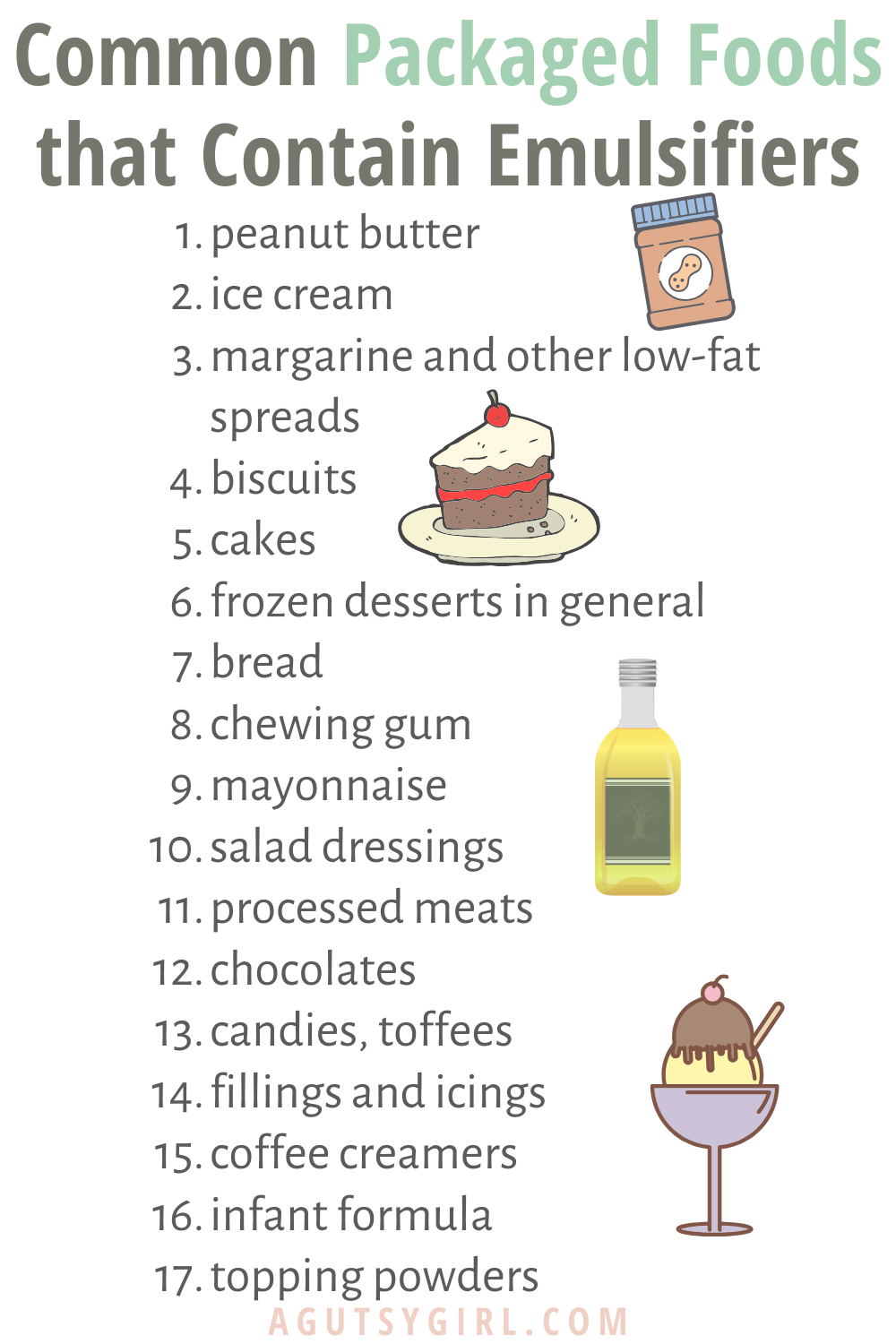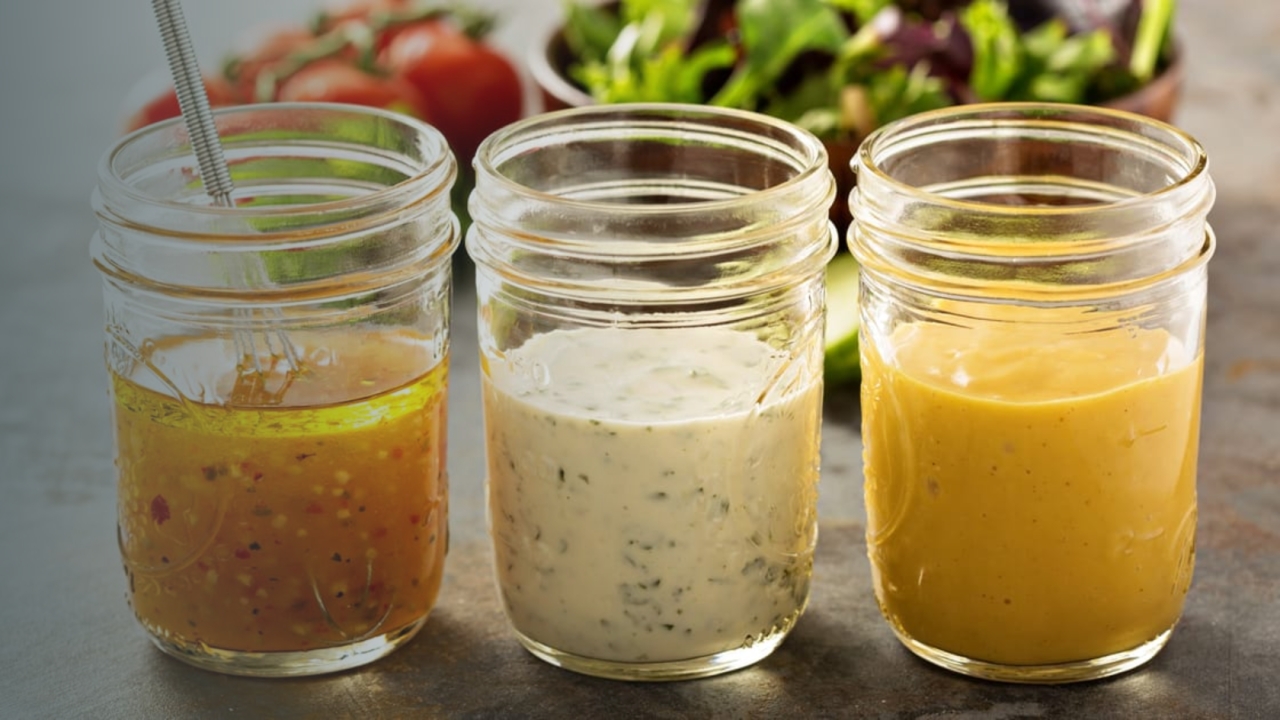Emulsifiers FAQs: Your Most Common Questions Answered
The Science Behind Emulsifiers and Their Relevance in Modern Manufacturing
Emulsifiers play a vital duty in contemporary manufacturing, acting as the unhonored heroes that mix oil and water for a vast range of products. You may not understand exactly how these substances improve texture and stability, but their impact is significant across industries. As consumer preferences shift in the direction of cleaner labels, the demand for cutting-edge emulsifiers is expanding. What does this mean for the future of item formula? Let's discover further.
What Are Emulsifiers?
Emulsifiers are necessary representatives in the globe of food and product production, acting as the glue that binds 2 otherwise immiscible fluids, like oil and water. Typical instances consist of lecithin discovered in egg yolks and soybeans, and mono- and diglycerides made use of in various refined foods.

When you whip up a salad clothing or delight in a velvety treat, emulsifiers assist preserve that best appearance. Without emulsifiers, lots of foods would certainly divide, leading to undesirable textures and tastes.
The Chemistry of Emulsification
When you mix oil and water, you could notice they do not blend quickly; that's where the chemistry of emulsification comes into play. To overcome this challenge, emulsifiers are employed.
These molecules have a hydrophilic (water-attracting) head and a hydrophobic (water-repelling) tail. When you include an emulsifier, its molecules place themselves at the oil-water interface, reducing surface stress and enabling the beads to mix. The emulsifier develops a safety layer around each droplet, stopping them from coalescing back into different layers. Comprehending this chemistry is crucial for accomplishing security in items like dressings, creams, and sauces, making emulsification crucial in modern-day production.
Kinds Of Emulsifiers
Various sorts of emulsifiers play important roles in maintaining combinations of oil and water. You'll often come across 2 primary classifications: natural and artificial emulsifiers. Natural emulsifiers, like lecithin from egg yolks or soy, are obtained from plants and pets, making them prominent in food products. They're typically taken into consideration more secure and healthier options.
On the various other hand, artificial emulsifiers, such as mono- and diglycerides, are chemically engineered to improve stability and shelf life. They're commonly made use of in processed foods and cosmetic items.
In addition, you may find non-ionic, anionic, and cationic emulsifiers, each with special residential or commercial properties that affect their efficiency. Non-ionic emulsifiers, for instance, job well in a variety of pH degrees, while anionic emulsifiers tend to do better in alkaline conditions. Recognizing these types can assist you choose the ideal emulsifier for your certain application.
Mechanisms of Solution Development
Comprehending exactly how solutions create is essential for producing secure blends of oil and water. When you introduce an emulsifier, it lowers the surface stress between the two liquids, allowing them to blend even more easily.
The emulsifier molecules have a hydrophilic (water-attracting) head and a hydrophobic (oil-attracting) tail. When you add an emulsifier, these particles prepare themselves at the oil-water interface. The hydrophilic heads interact with water, while the hydrophobic tails anchor into the oil. This develops a barrier that stabilizes the droplets, stopping them from integrating.
Applications of Emulsifiers in Various Industries
Emulsifiers play a more vital function across various sectors, making your preferred foods smoother and a lot more delightful. In cosmetics, they enhance item appearance and security, making certain a positive application experience. And also, in pharmaceuticals, they help provide important ingredients successfully, enhancing general effectiveness.
Food Market Uses
While you could not realize it, emulsifiers play an essential duty in the food market, boosting the structure, stability, and life span of lots of items (Emulsifiers). They're typically discovered in salad dressings, sauces, and mayo, aiding to blend oil and water for a smooth, regular product. In baked items, emulsifiers improve dough handling and retain wetness, causing a far better texture and prolonged quality. They're likewise important in milk items, where they stabilize solutions in creams and gelato, protecting against separation. Also in snacks, emulsifiers help keep crunchiness and avoid stale tastes. By making sure harmony and quality, emulsifiers are significant to delivering the tasty products you delight in on a daily basis, making them a crucial active ingredient in modern-day food production.
Cosmetic Formulations Benefits
When it comes to cosmetic formulations, emulsifiers are click for more info crucial for producing items that feel elegant and do efficiently. You'll discover that emulsifiers boost product stability, avoiding splitting up and extending shelf life. On the whole, emulsifiers play a vital role in providing top quality cosmetic items that satisfy your appeal demands.
Drug Applications Overview
In the pharmaceutical market, emulsifiers are important for developing efficient medications. You'll discover emulsifiers in different dosage forms, like lotions, lotions, and liquid suspensions, boosting the bioavailability of medicines.
The Effect of Emulsifiers on Item Quality

By guaranteeing steady emulsions, you minimize the risk of wasting and expand life span, ultimately conserving you time and cash. You'll also locate that emulsifiers can improve the bioavailability of energetic components in your products, making them more reliable for customers.
Moreover, they enable you to develop innovative solutions that satisfy varied consumer requirements. Whether you're crafting a luscious clothing or an elegant cream, emulsifiers are crucial for achieving the desired outcomes. In brief, by comprehending and leveraging the effect of emulsifiers, you can substantially elevate the quality of your items.
Future Patterns in Emulsifier Development
As the demand for cleaner labels and lasting products rises, the development of brand-new emulsifiers is established to develop considerably. You'll notice a change towards plant-based and all-natural emulsifiers, driven by consumer choices for active ingredients that are eco-friendly and much less refined. Innovations in biotechnology will likely boost the capability and performance of these emulsifiers, allowing manufacturers to produce steady formulas with fewer additives.
You might additionally see a rise in multifunctional emulsifiers that not just stabilize emulsions but likewise boost taste, texture, or nutritional value. This pattern might simplify active ingredient checklists while enhancing product efficiency.
Moreover, with advances in nanotechnology, emulsifiers could be engineered at the molecular degree to accomplish unprecedented security and effectiveness. Emulsifiers. As you explore these patterns, you'll locate that the future of emulsifier development is not nearly performance, but also regarding accepting sustainability and transparency in active ingredients
Often Asked Questions
Are Emulsifiers Safe for Usage in Food Products?
Yes, emulsifiers are usually secure for intake in food. They've been extensively researched and accepted by food security authorities, so you can enjoy your preferred foods without bothering with their effect on your wellness.
Can Emulsifiers Be Derived From Natural Resources?
Yes, you can acquire emulsifiers from all-natural sources. Components like lecithin from egg yolks or soybeans and casein from milk prevail. These all-natural emulsifiers aid maintain mixes without artificial additives, making them prominent in various items.

Just How Do Emulsifiers Influence Shelf Life of Products?
Emulsifiers stabilize mixes, protecting against separation and putridity - Emulsifiers. By keeping uniformity, they prolong items' service life, making certain freshness and high quality. You'll see that emulsifiers help maintain your favored foods and cosmetics executing well over time
What Are Prospective Side Results of Emulsifiers?
You may experience digestive concerns when consuming products with emulsifiers, as they can interfere with digestive tract bacteria. Some research studies recommend possible web links to swelling or allergies, but a lot more research study is required to completely understand these effects.

Exist Alternatives to Standard Emulsifiers?
Yes, there are alternatives to conventional emulsifiers. You can discover options like natural periodontals, starches, or lecithin. Each alternate deals unique properties, so experiment to discover what jobs best for your details application.